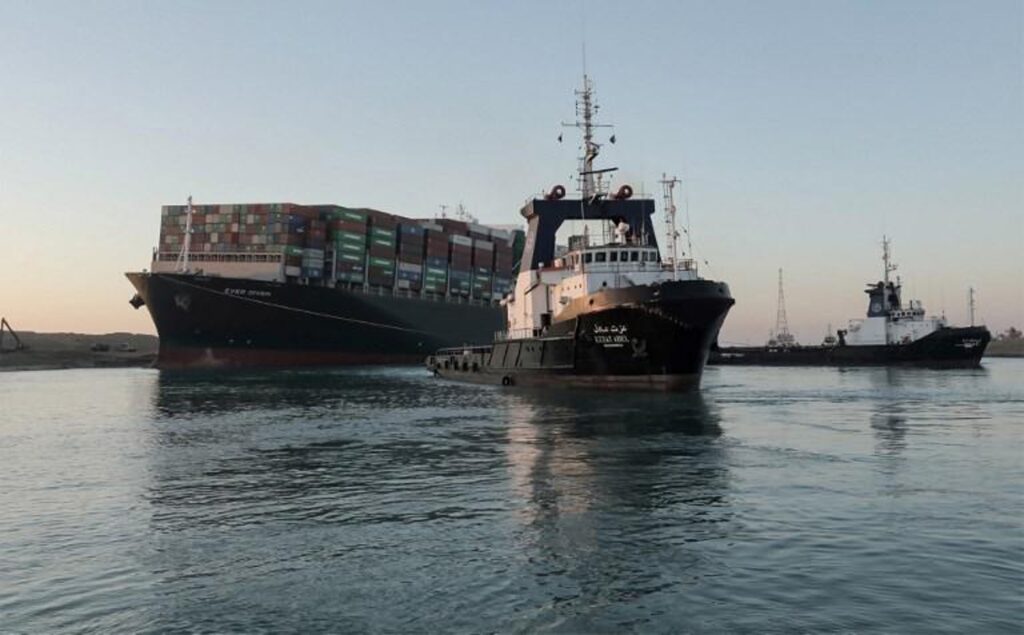Belgian Justice Minister Vincent Van Quickenborne has signed an information exchange agreement with the Panama Minister of Maritime Affairs Noriel Arauz, as part of the fight against drug trafficking and organised crime in Belgian ports.
The agreement sets up communication channels for both countries to share information on suspicious behaviour on board and around ships, the presence of unauthorised persons, suspicious cargoes and containers at risk. Belgium and Panama will also share the discovery of new smuggling methods.
€200,000 has been earmarked to launch the pilot project and in addition, training will be organised to build the capacity for authorities to report suspicious shipments and behaviour.
20% of the world's fleet
The Minister for Justice has been in Panama for the past few days as the organiser of a Blue Leaders conference to protect the oceans from climate change, but took advantage of this mission to discuss drug trafficking with Panamanian officials.
The Port of Antwerp has become a hub for the cocaine trade and the Belgian authorities are struggling to mitigate. Panama is a key stakeholder as, for the first half of 2022, Belgian customs figures show that it has become one of the top three countries from which drugs are seized in the Port of Antwerp.
Police and customs efforts in Brazil and Colombia are leading criminal organisations to adapt their strategy and scope and to exploit new ports, such as Panama.
Related News
- Fines for using hard drugs could increase from €150 to €1,000
- 'Keeping drugs away': Belgium and Ecuador join forces against organised crime
More than 20% of the world's fleet flies the Panamanian flag, representing more than 8,000 ships.
Many cargo ships from source countries of international drug trafficking, such as Colombia, to the ports of Antwerp or Zeebrugge, fly the Panamanian flag. This makes these ships and the personnel working on them particularly vulnerable to infiltration by organised crime.

